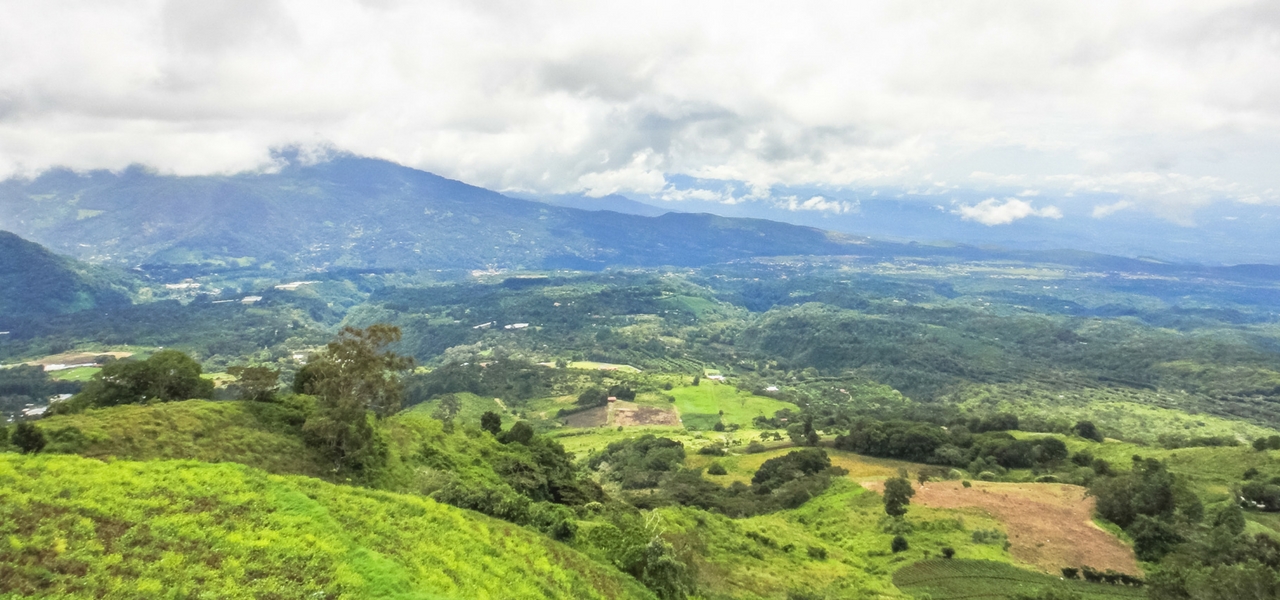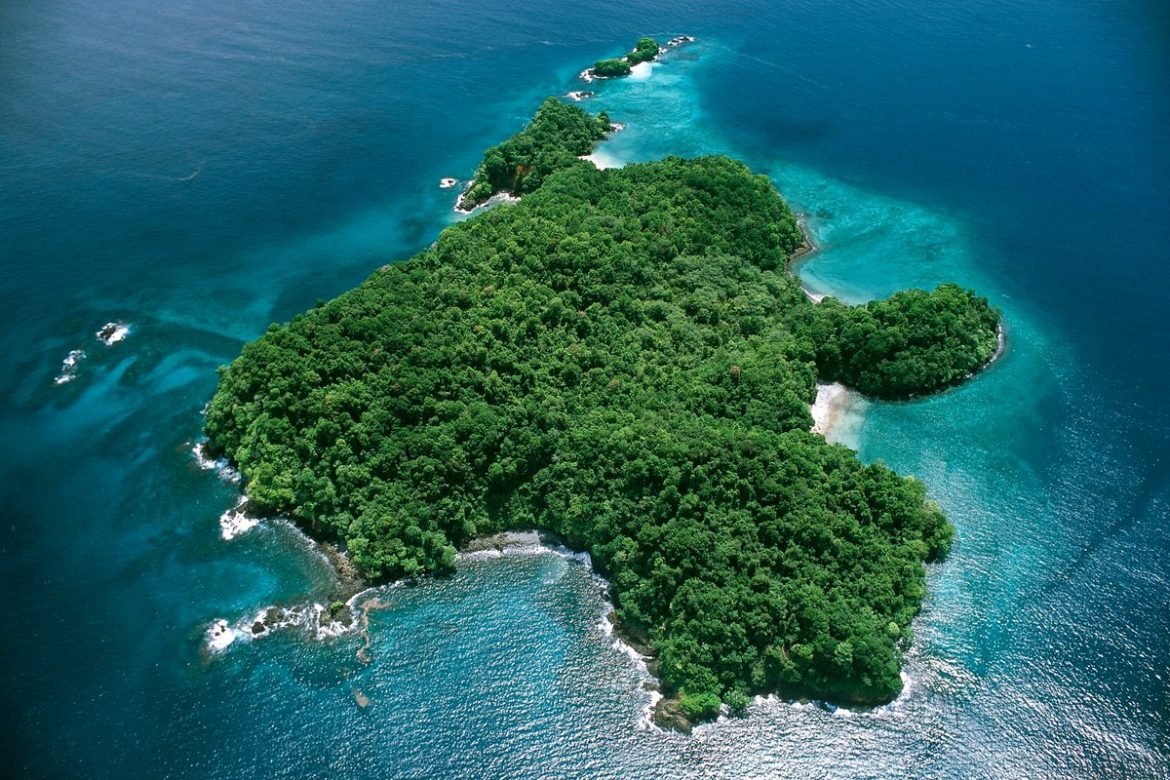From the clear turquoise waters to the coffee plantations and cloud forests of Chiriquí, this destination offers both perfect relaxation and thrills – the choice is yours. But if this is your first time in Panama, here are some things to know from which to start planning your trip.
Casco Viejo
Don’t miss Panama’s historic Casco Viejo neighborhood, with its ruined monasteries and cobbled streets. The colonial architecture is reminiscent of that of Havana, but time has not stopped here. Today it offers an attractive urban mix and an atmosphere that is as eclectic as it is peaceful. La Cinta Costera, a new green space, brings pedestrians and cyclists from the city center to Casco Viejo and beyond. On warm, humid evenings, stalls and street performers fill the waterfront, couples eat al fresco, and live music fills the squares.

The fauna
Bring your binoculars. With around 220 mammals and 978 bird species, Panama is a natural paradise. Scarlet macaws, toucans, sloths and saimiri are just some of the local “heroes”. Observing nature as a spectator is fascinating, but you will never forget the screams, screams and roars of the rainforest.
True birdwatchers can travel to the highlands to spot the sparkling quetzal or venture into the Darién to get a glimpse of the mythical harpy eagle. If you want to know more about Panama and get information for your future trip you can find the travel guide for you like BonitoPanama which explains the culture and many other things about Panama!

Boquete
Starting point for excursions into nature and a quiet place in the mountains, Boquete is very popular with foreigners and travelers of all kinds. Bird watchers come here to catch a glimpse of the dazzling quetzal, while the more adventurous climb mountains, ziplines or rafting. The real engine of this village, however, is the most precious export commodity in the world: coffee. The floors are scattered around the villages and can be visited to get to know the entire production cycle. Recharge for another adventure!

Parque Nacional Coiba
Often compared to the Galapagos Islands, this remote marine park is a lost world of pristine ecosystems and unique species. You can see flocks of scarlet macaws, huge schools of fish, migrating humpback whales with their young in progress, and manta rays skating on the sea floor. Diving enthusiasts may also encounter a hammerhead shark or a whale shark. This park is still uncontaminated, little visited and little built. Not long ago, there was a notorious prison on the main island.

Archipélago de San Blás
Many foreign travelers find Archipiélago de San Blás – where aside from bargaining the price of coconut with a few vendors, swinging in a hammock and diving into the turquoise waters, there is little to do in true paradise. This archipelago, known as Guna Yala, made up of over 400 islands, is an independent territory rich in tradition. The lodgings are mainly found on islets covered with palm trees and surrounded by clear waters, while the gunas live in thatched or concrete houses and are intended for breeding and trade.







